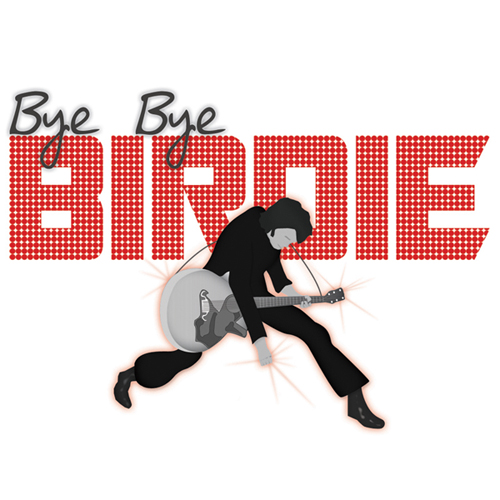12 Resignation Pointers
Is it time to relocate? Another organization has offered you your dream job or possibly perks your current job has been lacking. You may not have even been looking for an opportunity, but something amazing fell in your lap. Despite what brought you to this point, you’ve accepted a new position or are ready to branch out with your own business. Unlike the famous fictional rock star, Conrad Birdie, you won’t have to kiss your biggest fan before you depart. Still, it is time to say goodbye and that’s no easy thing.
Job Resignation Tips:
- As with all forms of business etiquette, be mindful of your peer’s emotions. Don’t complain to your co-workers about the working conditions of the job you’re leaving. That’s a quick way to burn bridges and scare people away.
- Prepare a resignation letter before you speak with anyone about your decision to leave.
- Cleanup your computer before you give notice. Delete personal information you don’t want accessible to others. Save any contact data you will need for connections. After giving your resignation, you will have a lot on your plate and want to focus on wrapping up loose ends. Be pre-emptive.
- Be prepared mentally to discuss your end date and procedures when you approach your manager.
- It is good etiquette to discuss your resignation with your boss before anyone else.
- In communicating your departure with your employer, utilize effective communication skills. Speak calmly; convey appreciation for your time with the organization and your hopes to stay in touch.
- During your departure discussion, remember to ask about when you receive your last paycheck, benefits and any other loose ends.
- Many times, your current employer is likely to offer incentives for you to stay. As discussed in What to Do When the Boss Asks You to Stay published by Forbes, generally it is best to decline. Often employers make the offer as a knee jerk reaction, but later they find themselves unable to fully trust you again. In a worst case scenario, they may only be asking you to stay so they have time to find a replacement. Above all, there was a reason you had decided to leave, don’t abandon your future and goals because you feel guilty.
- The organization has invested time, resources and finances in you. Show your appreciation by giving sufficient notice before leaving the position (typically two weeks to a month is standard).
- As an emotionally intelligent individual, be aware of gestures you can make to leave your previous employer feeling less abandoned. Prepare information communicating the organization of files and tasks, so your employer isn’t left hanging. Consider preparing a list of recommended replacements for your position as well. Make every effort to leave your employer in the best position possible given your impending departure.
- You have every reason to be excited if you’re moving on to your dream job, but don’t gloat. Be respectful of the difficult transition for your team. It is okay to express your reasoning for accepting the new job, but also express your regret to have to leave.
- Don’t just slink out the back door. Say goodbye to coworkers. Leave your contact information and encourage everyone to stay in touch. For that matter, write a letter after you’re gone expressing your gratitude for the time you spent with them.
The procedures above are not difficult, actually their very rudimentary. These actions are simply the behaviors of developing leaders who have professional integrity and class.






